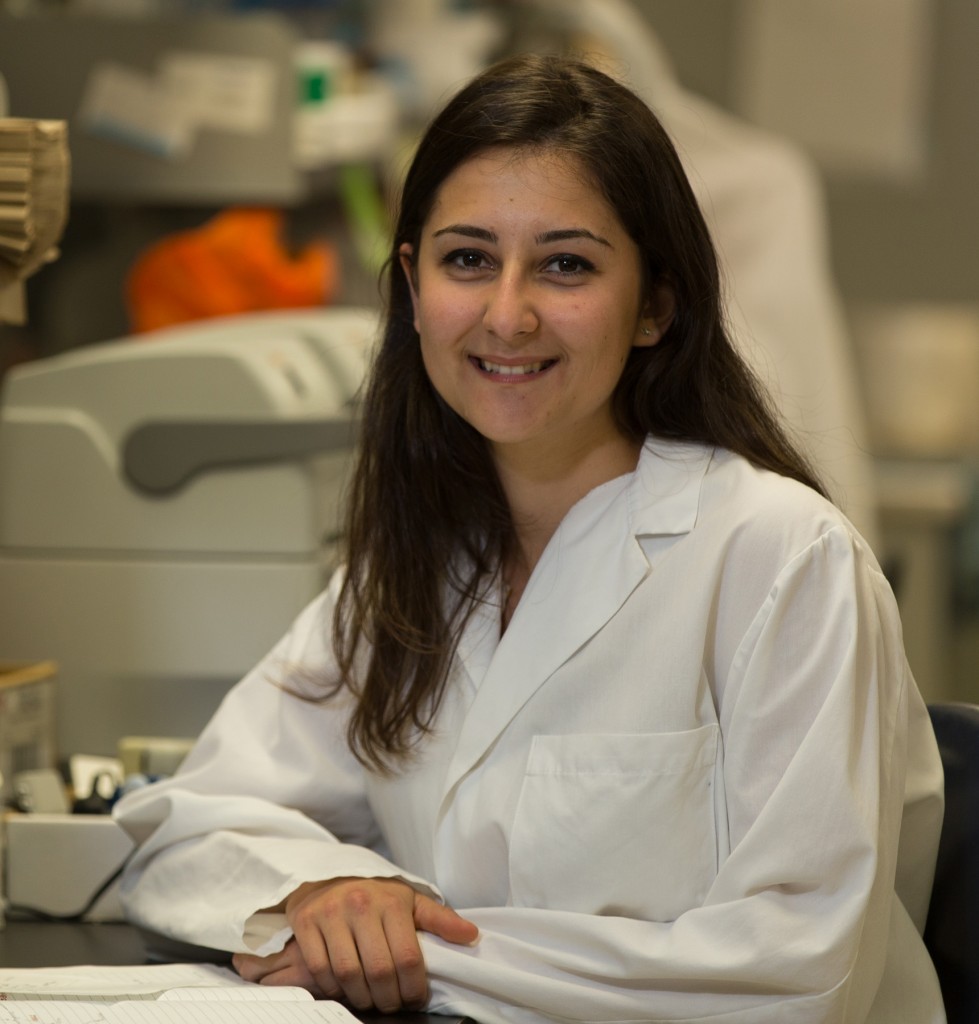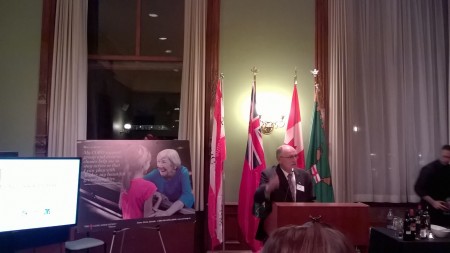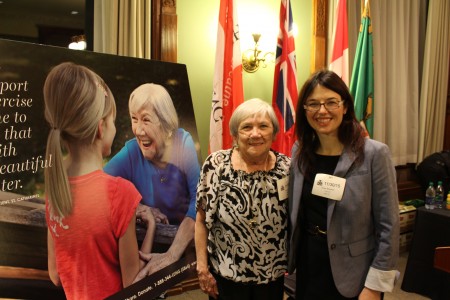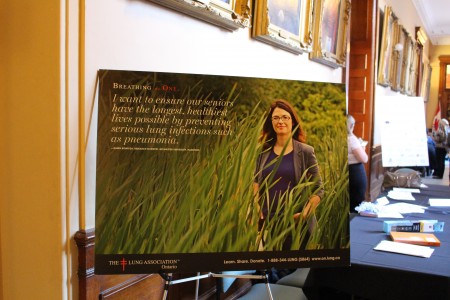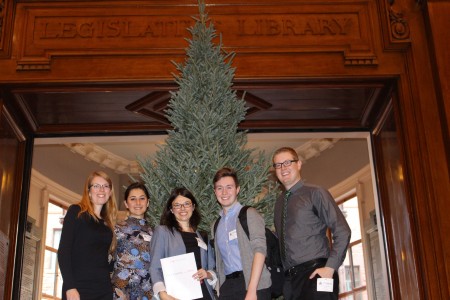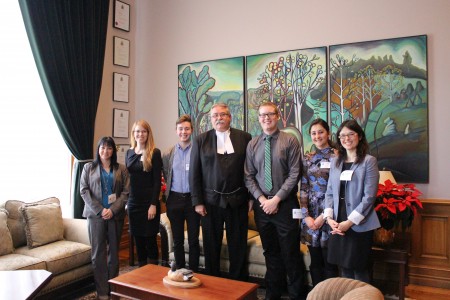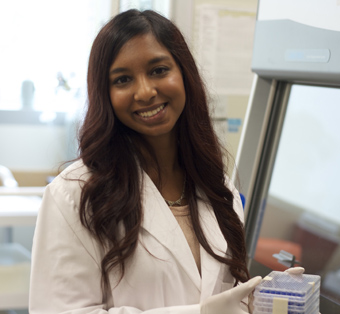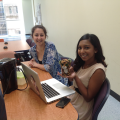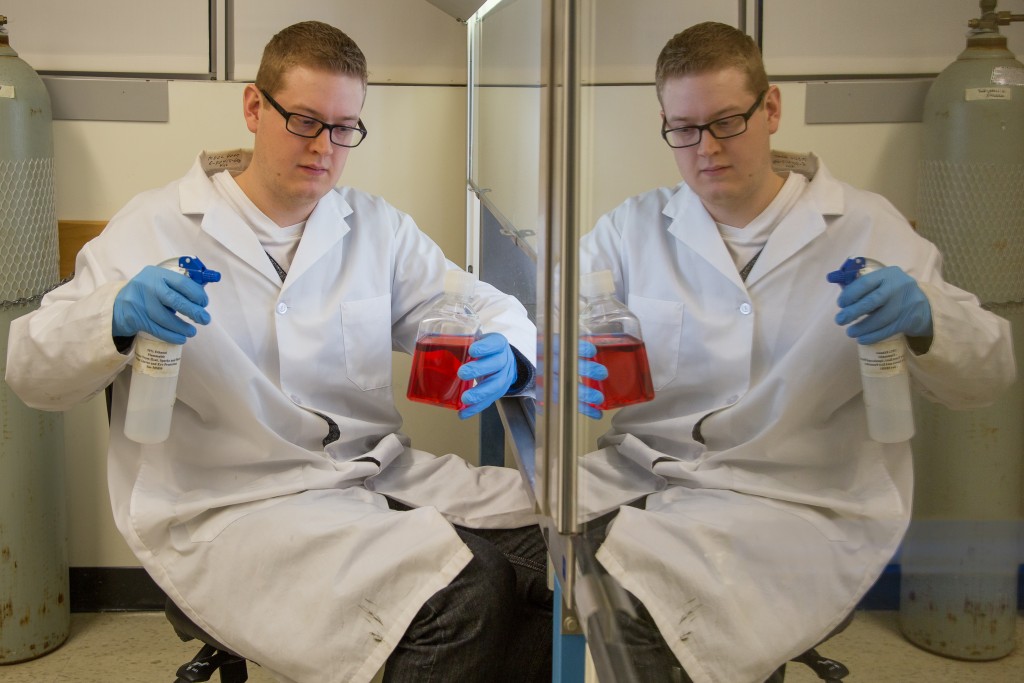Colonization of Streptococcus pneumoniae within the upper respiratory tract (URT) of elderly individuals is a major concern, as it often results in the development of pneumonia, which can be deadly in this population. A study published by MIRC Masters’ student Netusha Thevaranjan, under the supervision of Dr. Dawn Bowdish, examined how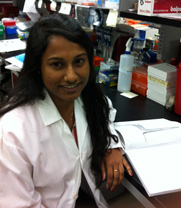 aging can change the composition of the respiratory microbial community and consequently, impact bacterial colonization. Using a mouse model of pneumococcal colonization, the study characterized the composition of the URT microbiota in young, middle-aged, and old mice in both the naïve state, and throughout the course of nasopharyngeal colonization with S. pneumoniae. It was shown that the composition of the URT microbiota differs with age, and that colonization with S. pneumoniae in older mice disrupted pre-existing microbial communities.
aging can change the composition of the respiratory microbial community and consequently, impact bacterial colonization. Using a mouse model of pneumococcal colonization, the study characterized the composition of the URT microbiota in young, middle-aged, and old mice in both the naïve state, and throughout the course of nasopharyngeal colonization with S. pneumoniae. It was shown that the composition of the URT microbiota differs with age, and that colonization with S. pneumoniae in older mice disrupted pre-existing microbial communities.
Furthermore, the study demonstrated that there were several interspecies interactions between S. pneumoniae and resident microbes. In particular,Streptococcus interacted competitively with Staphylococcus and synergistically with Haemophilus. This work provides insight into how aging influences bacterial colonization, and understanding the relationship between these two factors can help create strategies to protect the elderly from age-associated infections and disease. Read More


